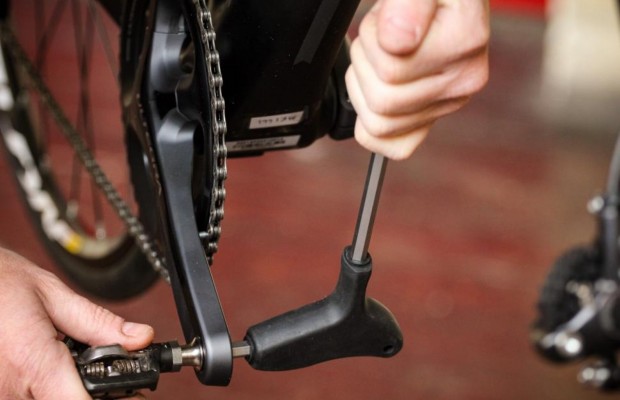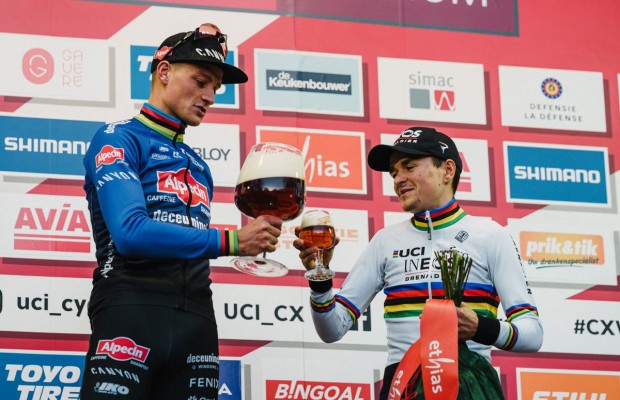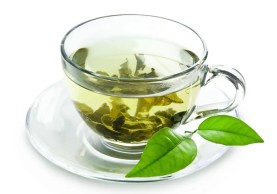Detox diets are not the solution for excesses
After the Christmas excesses, many people look for shortcuts in their diet to try to remedy so many days of lack of control. However, as we have indicated on more than one occasion, the miracle diets that are promoted after the holidays usually promise quick results but are, in the medium term, counterproductive for the athlete. One of the most common proposals are the so-called detox diets that promise to cleanse our body.

Why you should avoid detox diets
With the promise of detoxifying us from all culinary excesses, all the alcohol we consume during these days or the binge of nougat and marzipan, detox diets emerged a few years ago. This type of diet is based on ingesting a large amount of vegetables and fruit as well as a high amount of liquids. In fact, what is often ingested is in the form of shakes or juices.
These diets eliminate meats, cereals, fats, dairy... which means dispensing with many necessary nutrients so the detox diet is not sustainable for too long. Detox diets promise, in addition to detoxifying the body by eliminating toxins, a rapid weight loss.
RECOMENDADO

How to change the pedals of any bike in 5 steps

Is it possible to do base training when time is short?

Alcoholic beverages with the fewest calories

Cycling tips for the Christmas season

What would you do if you won the lottery? This cyclist bought himself a €20,000 bike

Benefits of training in the cold
So far everything may seem logical and even a good option to remedy all the harm done to our nutrition during the Christmas holidays. However, if for a normal person detox diets present great deficiencies by directly eliminating certain nutrients, for a cyclist who intends to maintain his training they are directly destructive.

Let's look again at what detox diets are based on. To begin with, practically the only energy contribution comes from the sugars of the fruits since the vegetables have a very low caloric content despite having a high content of other nutrients that are often overlooked such as vitamins or minerals, but as for energy, rather little. The sugars of the fruits as simple carbohydrates that they are consumed very quickly so our muscle and liver glycogen stores are going to fall rapidly.
No complex carbohydrates are provided that are capable of filling our stores nor fats that, although normally taken in excess, cannot be eliminated from the diet as they are essential for certain processes of the body such as, for example, using fat-soluble vitamins.
Proteins are also eliminated, responsible for regenerating our body after workouts in which we subject our muscles to a destructive process. It is precisely this recovery that makes us improve in our fitness. Besides, if we go out to train without enough energy reserves, unless we do it at a very very low pace so that the muscles get their energy almost exclusively from fats, they are going to look for a more accessible source of energy and this is none other than the proteins of the muscle tissue itself through a process known as catabolism.

The result, as you can imagine, is far from being desirable for an athlete. The detox diet is going to make us feel without energy, fatigued, irritable. Soon, our body is going to protest, we are going to have a tremendous feeling of anxiety since all the signals are activated for us to provide nutrients. When we do, the body is going to absorb and store everything it can in the face of the possibility of suffering another new period of scarcity, so we will probably end up gaining more weight than we had at the beginning.
If we really want to remedy the Christmas excesses, the solution is to re-establish balanced eating routines, giving the body the necessary nutrients but in their right measure so that the negative balance between calories ingested and spent comes out in our favor, but progressively, without great restrictions that imply a limitation to our performance.